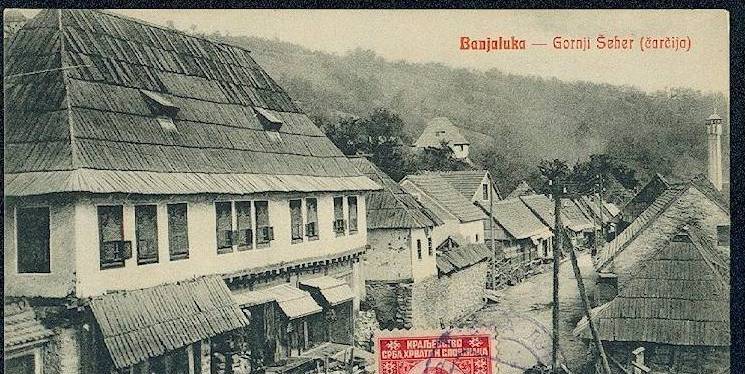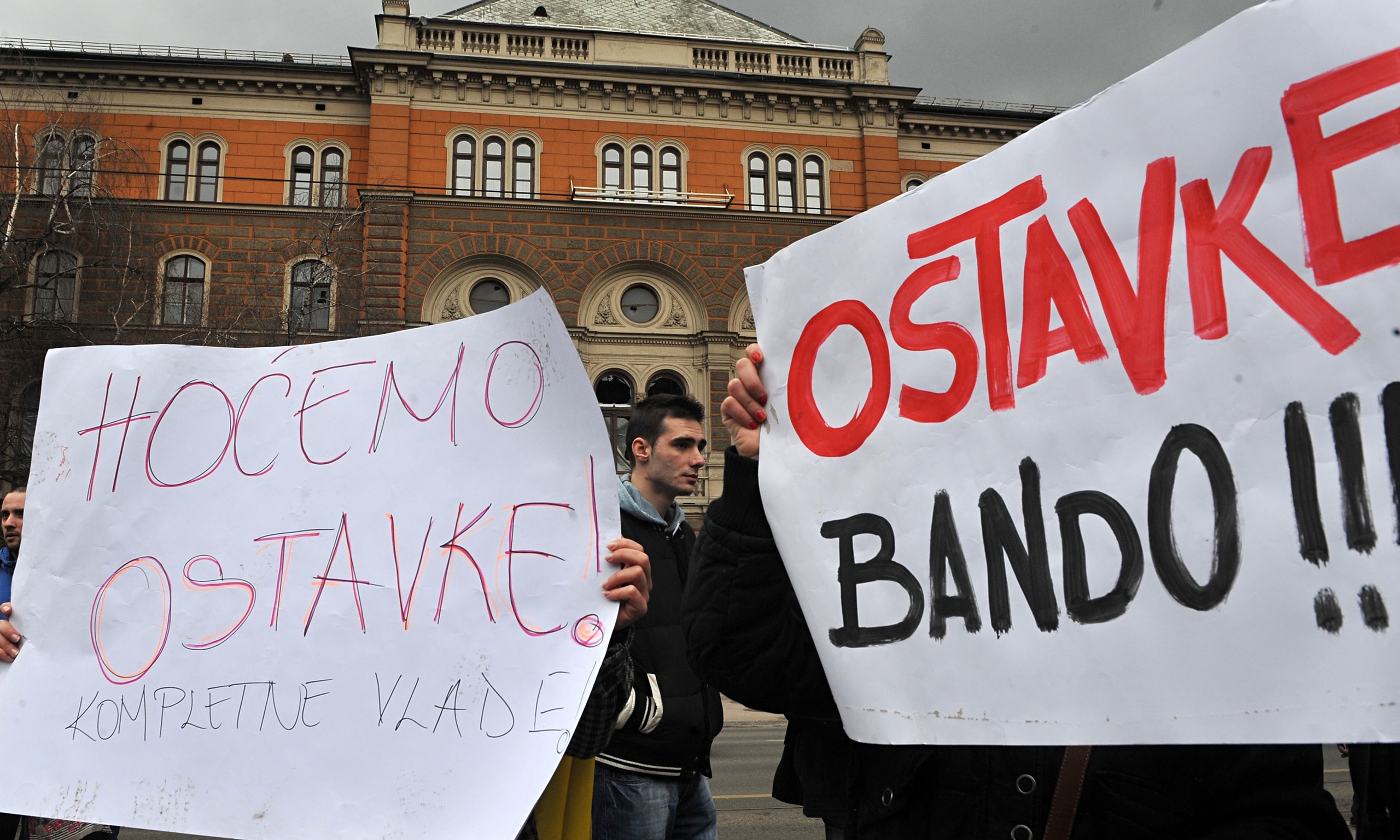Professor Eric Gordy, senior lecturer at University College London, gave a short interview for the “Direct Democracy and Active Citizenship,” providing valuable insights into social movements, global crisis of democratic institutions. commented on the what it means to be an active citizen today.
“Time/space can expand. What keeps the institutions closed now is the presence of the vested interest from the past within them. And they are not always going to be there. But a movement that is independent, that is more or less autonomous, has a couple of advantages. One of them is the ability to bypass institutions, to operate beside them independently. And the other is the ability to get attention, which is something the non-institutional movements on the far right know very well. That a few dramatic public performances can change discourse really fundamentally, and is it something the cognate movements on the left are very hesitant to do.”
Besides Professor Gordy, check out the other interviews and video materials gathered on the uprising in Bosnia during February 2014.

